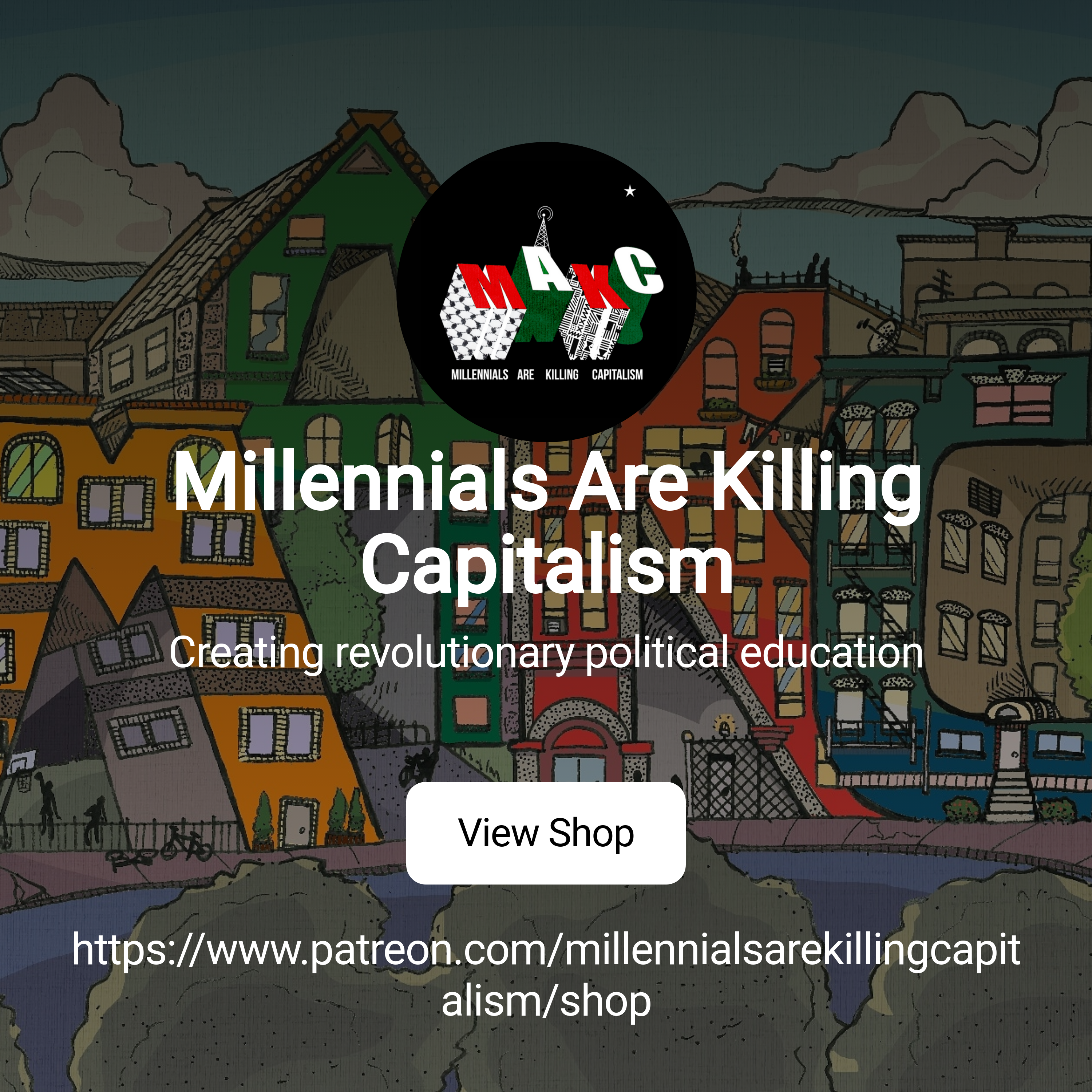Nearly Half of US Millennials Favor Socialism, Sparking Debate on Capitalism Education and Economic Literacy

A recent social media post by user Farzad has ignited discussion regarding the public’s understanding of capitalism in the United States, with the author lamenting a "lack of understanding of how capitalism works" as a "tragedy of epic proportions." The tweet specifically criticized those who "only complain when the risk that’s taken on to execute on a loan starts paying off," attributing this perceived ignorance squarely to the education system. This sentiment resonates with broader concerns about economic literacy and shifting attitudes towards economic systems among younger generations.
Recent surveys indicate a significant shift in economic perspectives, particularly among millennials. A YouGov survey in 2020 revealed that almost half of millennial respondents viewed socialism favorably, with a third supporting the gradual elimination of the capitalist system. This trend highlights a growing skepticism toward traditional capitalist structures and underscores the urgency of addressing economic education.
Experts and academics have pointed to the inherent challenges in effectively teaching complex economic systems like capitalism. According to articles from the Darden School of Business and the Journal of Economic Education, capitalism is often misunderstood due to its dynamic, complex, and sometimes controversial nature. Many students, influenced by social media and incomplete information, often hold "incomplete or inaccurate definitions of the system and its key attributes," making comprehensive education crucial.
The International Monetary Fund defines capitalism as an economic system where private actors own and control property, and market forces determine prices. However, the system's evolution and various forms, from liberal market economies like the US to state-managed capitalism, contribute to a nuanced understanding that is often missed in public discourse. This complexity, coupled with declining public trust in institutions such as banks and big business, as noted in Gallup polls, further complicates the public's perception.
The ongoing debate underscores a critical need for improved economic education that moves beyond simplistic definitions and addresses the multifaceted realities of capitalism and alternative economic models. As the US navigates evolving economic landscapes and generational shifts in ideology, fostering a deeper, more nuanced understanding of these foundational systems becomes increasingly vital for informed public discourse and policy-making.